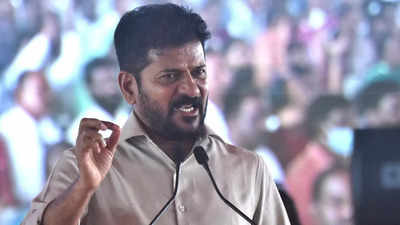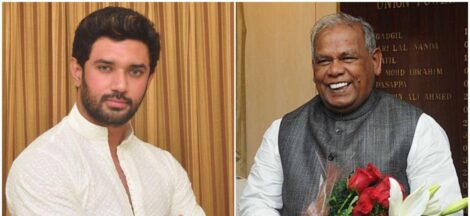The Supreme Court of India has expressed concerns over remarks made by Revanth Reddy, a prominent leader of the Congress party, regarding the bail granted to K. Kavitha, a leader of the Bharat Rashtra Samithi (BRS). The comments, which have stirred controversy, were scrutinized by the court amid ongoing legal debates about the conditions of Kavitha’s release and the implications of Reddy’s statements.
Revanth Reddy’s remarks, made during a recent press conference, criticized the judiciary’s decision to grant bail to Kavitha, suggesting potential biases or undue influence in the judicial process. The Supreme Court’s reaction underscores the sensitivity of political statements impacting ongoing legal proceedings. The Court’s response indicates its intention to maintain judicial impartiality and safeguard the integrity of the legal process against external influences.
The bail in question pertains to a high-profile case involving Kavitha, who faces charges linked to a significant political scandal. Her release on bail has been met with varying reactions across the political spectrum, with some viewing it as a legal right and others perceiving it as a point of contention. Reddy’s comments have added to the political heat surrounding the case, potentially influencing public opinion and further complicating the legal landscape.
In addressing Reddy’s statements, the Supreme Court has emphasized the importance of respecting judicial decisions and avoiding public commentary that could undermine the authority and independence of the judiciary. This stance reflects the Court’s broader effort to uphold the principles of fair trial and impartiality, ensuring that legal proceedings are conducted without external pressures or biases.
The political ramifications of Reddy’s comments are significant, reflecting broader tensions between political figures and the judiciary in India. The intersection of politics and law has often led to contentious debates, especially in cases involving high-profile personalities. This instance highlights the ongoing challenge of balancing political discourse with respect for judicial processes.
As the case progresses, the Supreme Court’s intervention serves as a reminder of the need for all stakeholders to adhere to the principles of judicial independence and integrity. The judiciary’s role in such high-stakes matters is crucial, and maintaining public confidence in its decisions is essential for the functioning of a democratic society.
The controversy surrounding Revanth Reddy’s remarks and the bail granted to K. Kavitha illustrates the complex dynamics at play in the intersection of politics and the legal system. With the Supreme Court’s scrutiny, the focus now shifts to ensuring that political commentary does not compromise the fairness and neutrality of judicial proceedings.




 Mumbai Tops Asia’s Billionaire Rankings
Mumbai Tops Asia’s Billionaire Rankings 